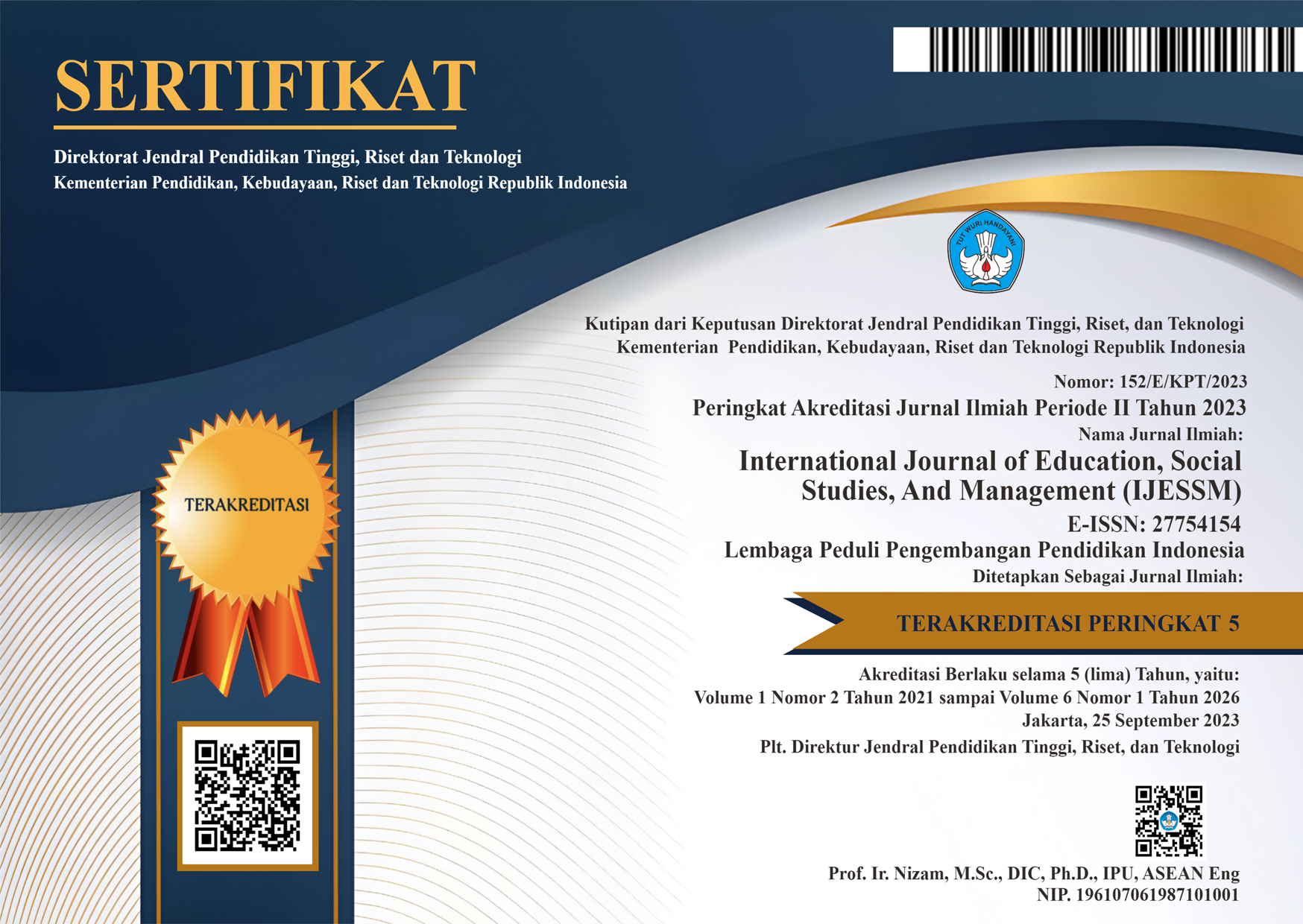Implementation of Artificial Intelligence in Fraud Detection and Prevention in Internal Audit
(Case Study in the Banking Sector)
DOI:
https://doi.org/10.52121/ijessm.v4i3.532Keywords:
Artificial Intelligence, Internal Audit, Fraud Detection, Banking Sector, EfficiencyAbstract
This study discusses the application of Artificial Intelligence (AI) in internal audit in the banking sector, with a focus on fraud detection and prevention. In the digital era, the need for efficiency and accuracy in auditing is increasingly pressing, and AI offers an innovative solution. Through real-time big data analysis, AI can identify suspicious patterns and anomalies that may be missed by traditional methods. This study uses a qualitative approach with interviews and questionnaires to employees in the banking sector. The results show that the application of AI improves the efficiency of the audit process, reduces human error, and increases customer trust. However, challenges in auditor training and data management remain a concern. Recommendations for the development of AI usage policies and periodic training for auditors are proposed to maximize the benefits of this technology.
Downloads
Published
How to Cite
Issue
Section
License
Copyright (c) 2024 International Journal Of Education, Social Studies, And Management (IJESSM)

This work is licensed under a Creative Commons Attribution 4.0 International License.

















